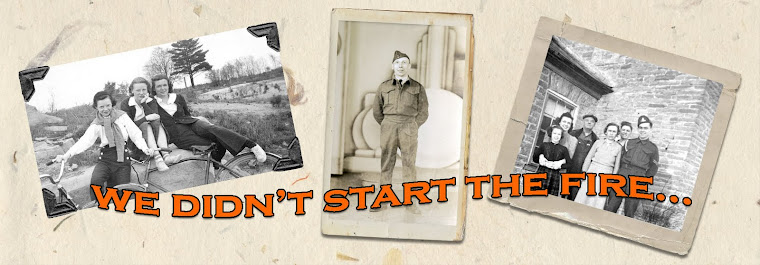Authors of historical fiction provide readers with a disclaimer that acknowledges that the storylines and facts may not be completely true, that they are the author's interpretation of certain factual events, people, and eras. Isn't this idea of interpreting the facts similar to the job of an academic historian? I think certainly Keith Jenkins would agree with me. He says that the past is gone and there is "no fundamentally correct 'text' of which other interpretations are just variations; variations are all there are."1 Couldn't historical fiction be another one of Jenkins's variations?

I think so. Books like Philippa Gregory's The Constant Princess and Margaret George's The Autobiography of Henry VIII and Carolly Erickson's The Hidden Diary of Marie Antoinette beautifully describe their respective periods with details of clothing, landscape, leisure time, housing, social conditions and much more. Gregory's Katherine of Aragon often describes her home in Grenada, the Alhambra, with such detail that the reader ca
 nnot help but imagine the palace in all its glory with painted murals and beautifully dressed women and men. In George's novel she writes of a banquet for Henry VII and family that consisted of "venison, crayfish, prawns, oysters, mutton, braw, conger-eel, carp, lamprey, swan, crane, quail, dove, partridge, goose, duck, rabbit, fruit custard, lamb, manchet, and so on...."2
nnot help but imagine the palace in all its glory with painted murals and beautifully dressed women and men. In George's novel she writes of a banquet for Henry VII and family that consisted of "venison, crayfish, prawns, oysters, mutton, braw, conger-eel, carp, lamprey, swan, crane, quail, dove, partridge, goose, duck, rabbit, fruit custard, lamb, manchet, and so on...."2These authors have inspired me to learn more about the actual historical events that surround the places and people described in the books. After reading about the Alhambra I took steps to learn of its Muslim origins and eventual transfer to Spanish control. George's description of a banquet feast provided me with insight as to Tudor eating habits and festivities. Countless other works of historical fiction have had the same effect.
Historical fiction affects its readers in another way: it teaches them to read with a critical mind. It is important to remember that this genre is indeed fiction. But I would argue that you need to read academic articles and historical non-fiction in the same way. Students and readers must be aware of author bias, contradictory evidence, and fact manipulation.
As a new student of public history it only recently occurred to me that historical fiction novels are a great way to promote history to the public. They are written in such a way that encourages the reader to learn more about the subject at hand. The only thing more that I could ask for is for someone to write Canadian historical fiction. Perhaps a novel based on a band of brave rebels fighting in Lower Canada during the rebellion of 1837 or one that tells of a wild romance between a beautiful native and her coureur des bois on the snowy, cold Canadian frontier.

Either way, any book of historical fiction will continue to be my genre of choice and I can't wait until February 28 when Philippa Gregory's The Other Boleyn Girl will premier as a major motion picture! YES!
1 Keith Jenkins, Re-thinking History (London: Routledge, 2003), 14.
2 Margaret George, The Autobiography of Henry VIII (New York: St. Martin’s Griffin, 1987), 32-33.



